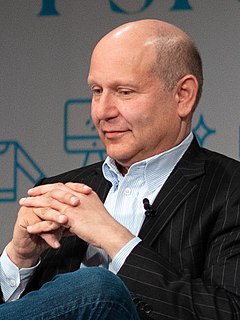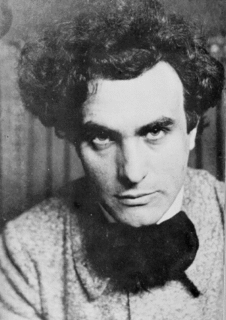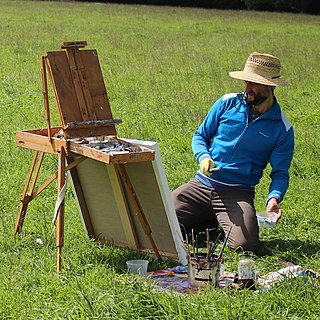A Quote by Edward Sapir
Language is the most massive and inclusive art we know, a mountainous and anonymous work of unconscious generations.
Quote Topics
Related Quotes
I believe that a work of art, like metaphors in language, can ask the most serious, difficult questions in a way which really makes the readers answer for themselves; that the work of art far more than an essay or a tract involves the reader, challenges him directly and brings him into the argument.
In most modern instances, interpretation amounts to the philistine refusal to leave the work of art alone. Real art has the capacity to make us nervous. By reducing the work of art to its content and then interpreting that, one tames the work of art. Interpretation makes art manageable, conformable.
We live in a time which has created the art of the absurd. It is our art. It contains happenings, Pop art, camp, a theater of the absurd... Do we have the art because the absurd is the patina of waste...? Or are we face to face with a desperate or most rational effort from the deepest resources of the unconscious of us all to rescue civilization from the pit and plague of its bedding?
I wanted to make a massive work so as soon as Nick Mitzevich invited me I said yes straight away and began to make the work. The island was made in direct response. I used the diagnostic tool of Rorschach blots - something designed to extract and evaluate the dark and unconscious elements of our personality.
Language changes. If it does not change, like Latin it dies. But we need to be aware that as our language changes, so does our theology change, particularly if we are trying to manipulate language for a specific purpose. That is what is happening with our attempts at inclusive language, which thus far have been inconclusive and unsuccessful.
No one yet understands the mysterious intelligence within plants or the implications of the idea that nature communicates in a basic chemical language that is unconscious but profound. We do not yet understand how hallucinogens transform the message in the unconscious into revelations beheld by the conscious mind.
What has to be understood is that most whistle-blowers are not natural activists - this one certainly wasn't. We usually work in anonymous jobs, far from the spotlight. We are not campaigners, or journalists, or wannabe celebrities, craving a platform. Our conscience tells us we have to reveal what we know.




































